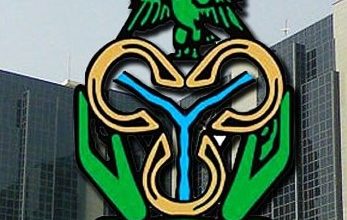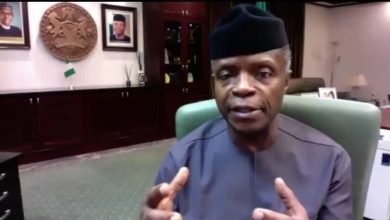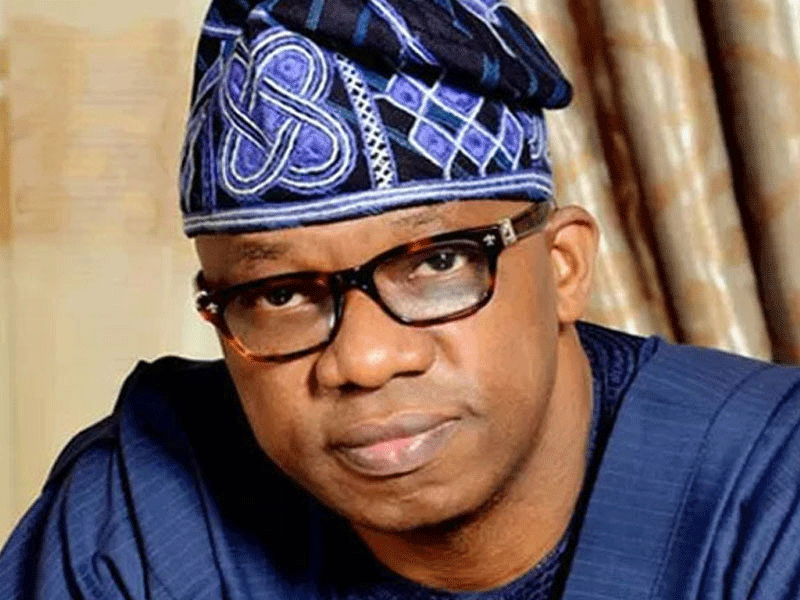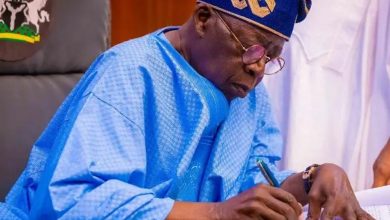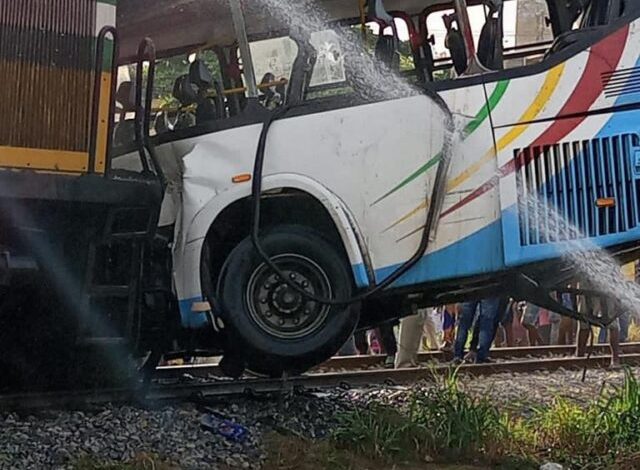
Lagos train-bus accident: Beauty of insurance
Tope Adaramola
Few days back, Nigerians, nay Lagosians, woke up to the distressing news of the fatal collision between a commercial intra-state train service and a bus owned by the Lagos State Government. The vehicle was said to be a staff bus conveying civil servants to work. At the aftermath of the disaster, six people had lost their lives while about 56 other suffered several degrees of injuries.
Typically, the disaster punctured then ongoing frenzy of the electioneering campaigns, as numerous well-wishers and sympathisers surged to the scene of the disaster, as well as the Lagos State University Teaching Hospital where the victims were evacuated to for treatment.
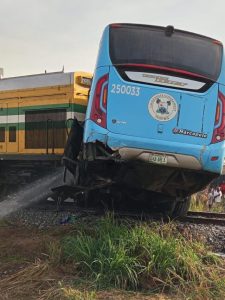
In a swift reaction, the Governor of Lagos State Mr Babajide Olusola Sanwo-Olu, who personally visited the victims in the hospital commiserated with them over the unfortunate mishap? He also gave a soothing assurance that the State Government would foot the medical bills of all the victims. Several opinion moulders and sympathisers both within and outside the state also registered their sympathies, with a wish that such event should never recur.
But behind the scenes of this disaster, the insurance industry, which has the mandate to provide risk protection and cushion effect of such calamities for the insured, went to the drawing board to appraise the situation and get their acts together to pay the claims after ascertaining that all conditions for the insurance contract have been met. It is noteworthy that the Lagos State Government has remained an front liner when it comes to embrace of insurance, amongst its peers in the country. The State has in place a well-structured insurance and risk management strategy, which are meant to cope with such eventuality as the one on hand.
As at now, arrangements are being finalised by the State government to formally present required claims requisition to the insurance companies handling the State government’s insurances. With the extant global insurance package for civil servants, Lasaco Assurance Company Limited is leading a retinue of other Insurers as the Lead Underwriter, while Quick link Insurance Brokers Ltd is leading the divide of Insurance Brokers as the Super Lead Broker.

The insurance team would no doubt live up to their billing by settling the claims, timeously. The way insurance works in this case is that the deceased’s families would be compensated under the Group Life policies, while those who were injured would have their compensation paid under the Group Personal Accident (GPA). A source hinted that the office of the Head of Service which superintends over staff matters in the public service of the State would soon apprise the Finance Ministry with the exact information before the claims payments would be activated.
Although the unfortunate accident drew out the humanness of Nigerians who handsomely responded in cash and kind to the victims, from the scene of the accident, to the point of treatment, such show of magnanimity would only complement benefits that the victims would be entitled to from the insurance industry, and not reduce or preclude it. The insurance industry would among other things, be looking at paying compensation for total or total permanent disabilities of the victims, as enshrined in their Group Life and personal Accident Schemes.
Sad as the disaster was, it is no doubt bringing out the much needed beauty of insurance in risk amelioration and assets protection. Imagine if the victims were not insured by their employers, I bet their misery and sense of loss would have been more, regardless of palliatives emotionally given to them by well-wishers. One can only commend the Lagos State Government for entrenching a robust insurance regime for its human and material assets. Others States in country should urgently take a cue from the intervention of insurance to in this calamity to place the required premium on insurance for their human and material assets. Disasters and unfortunate accidents do not announce they would be coming; it only makes good sense to prepare for them in form of insurance. One cannot agree less with the submission that insurance is like a nation’s army which many think is needless in the time of peace, but becomes a life safer when war breaks out!
Tope Adaramola is a Chartered Insurer and PR professional
FOOTNOTE: You want to share story with us? You want to advertise with us? You need publicity for product, or service, or event? Contact us on WhatsApp +2348073463653 or email penpushing@yahoo.com



